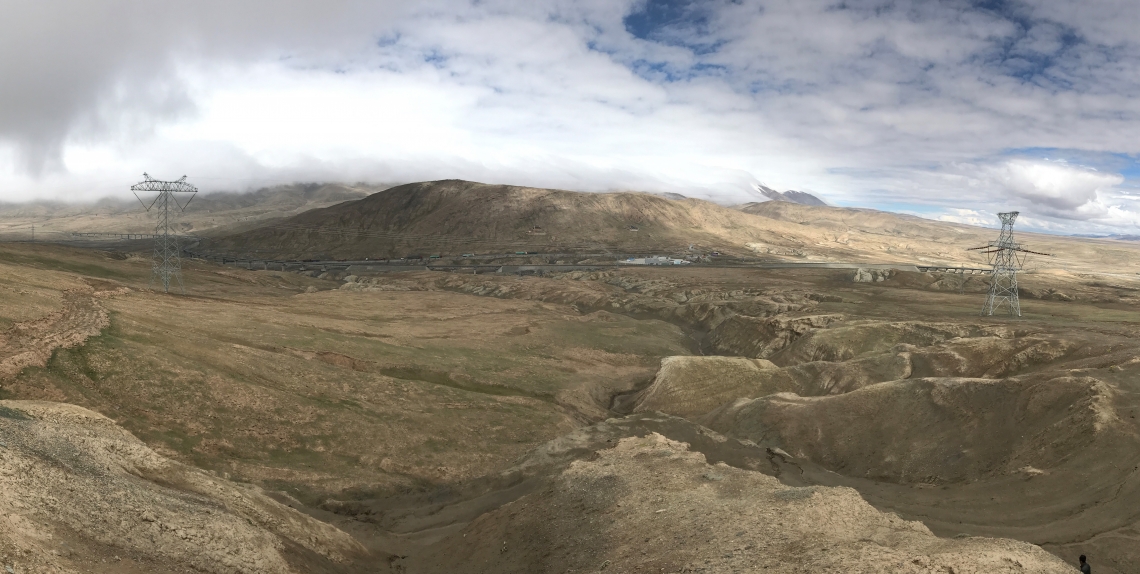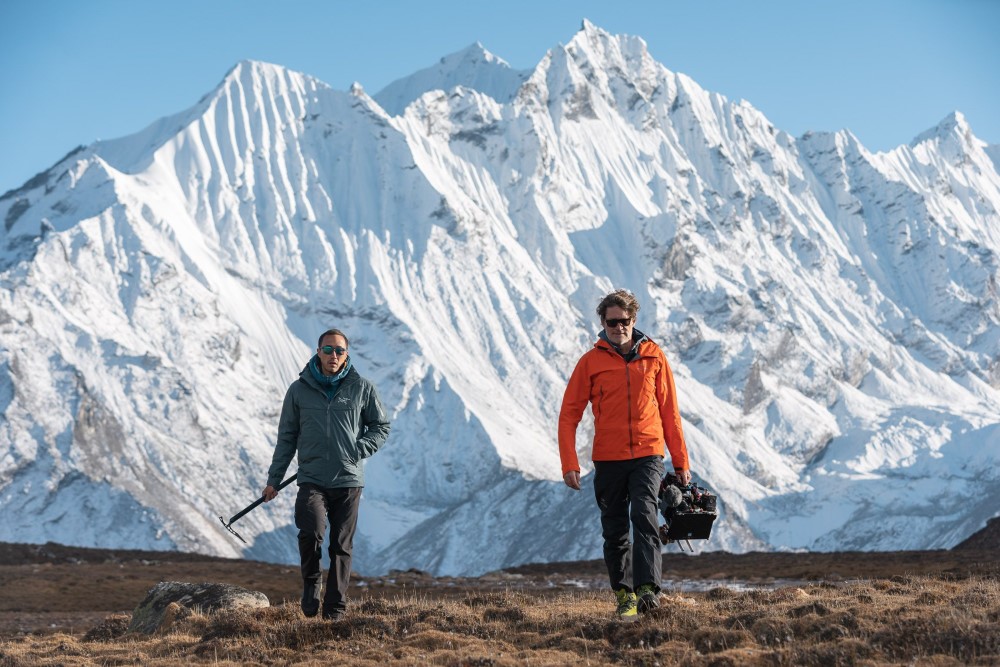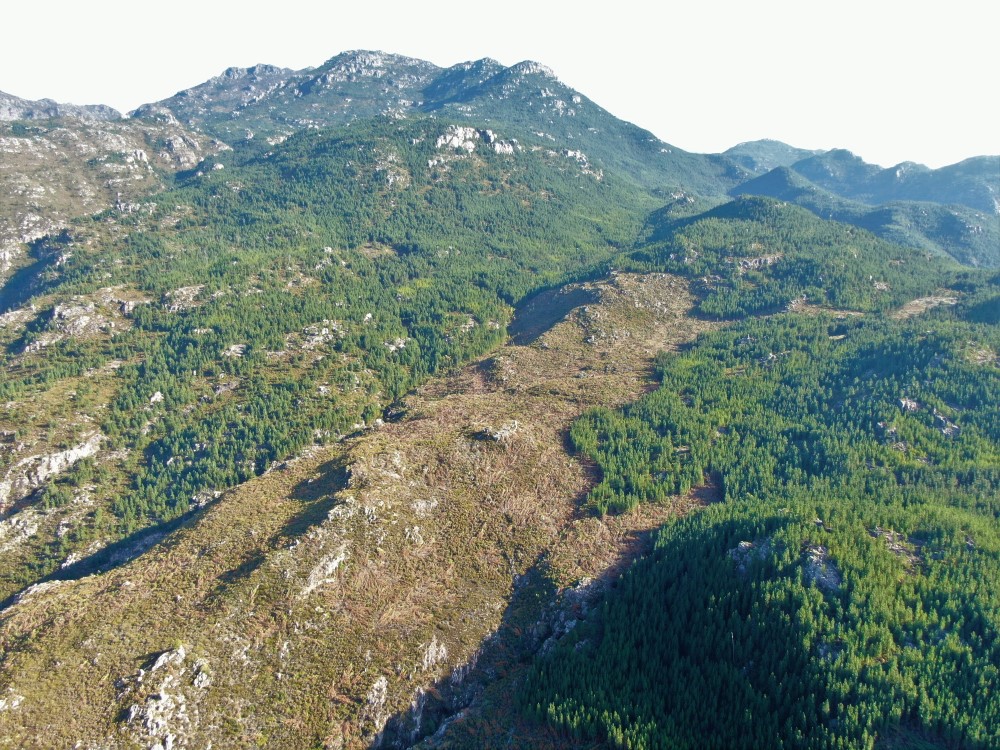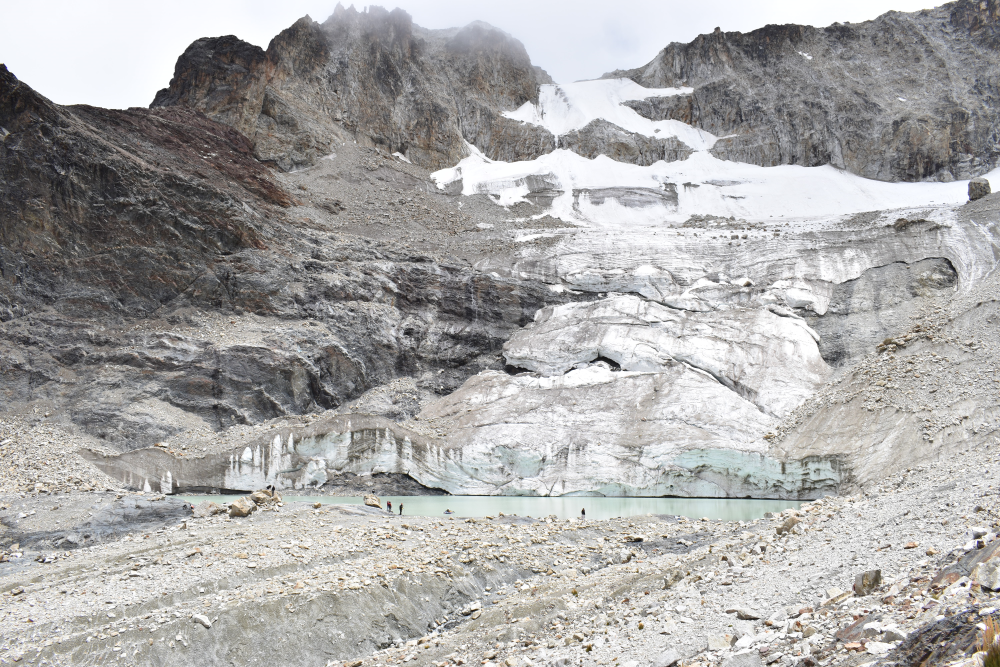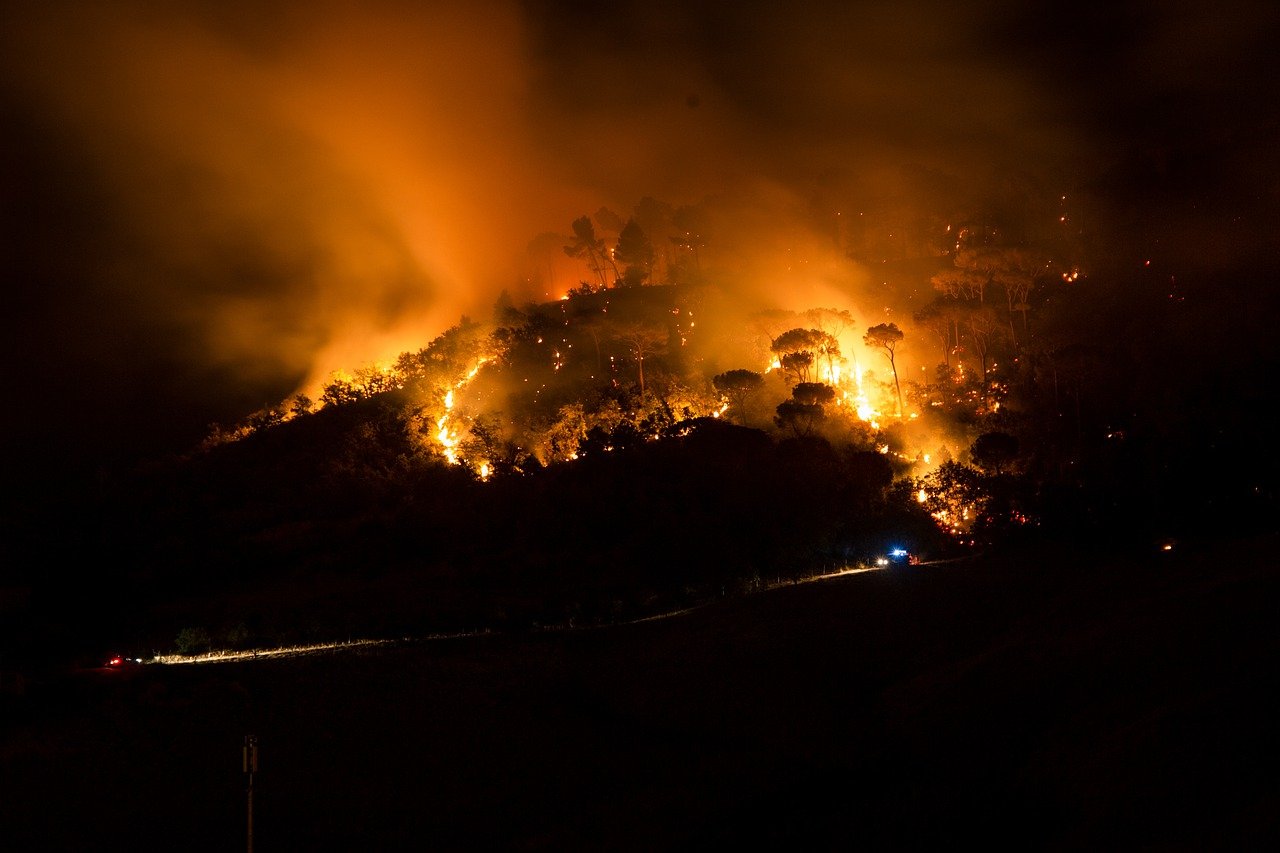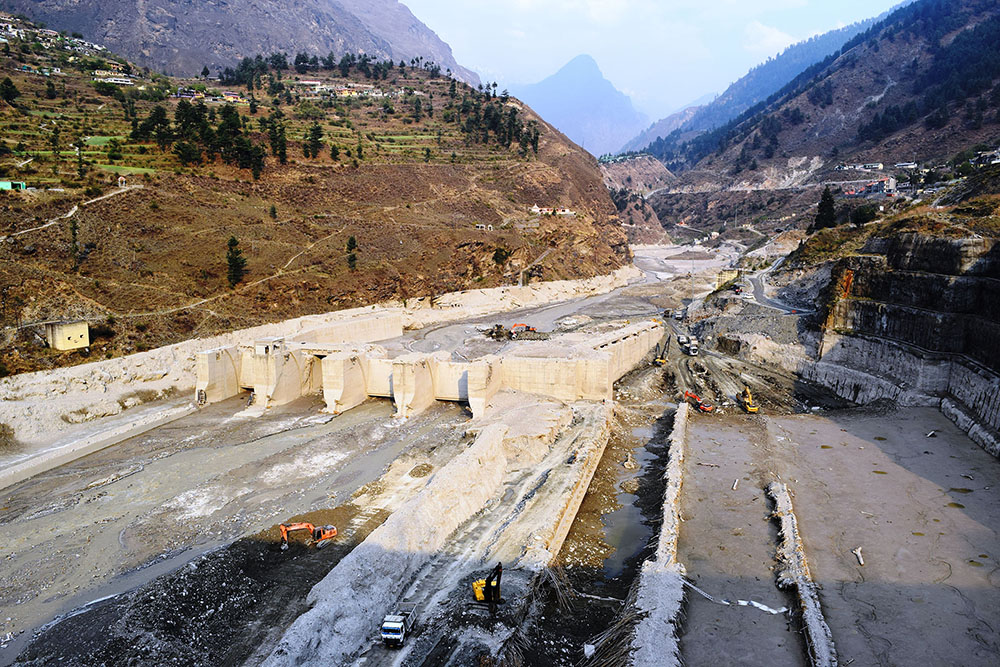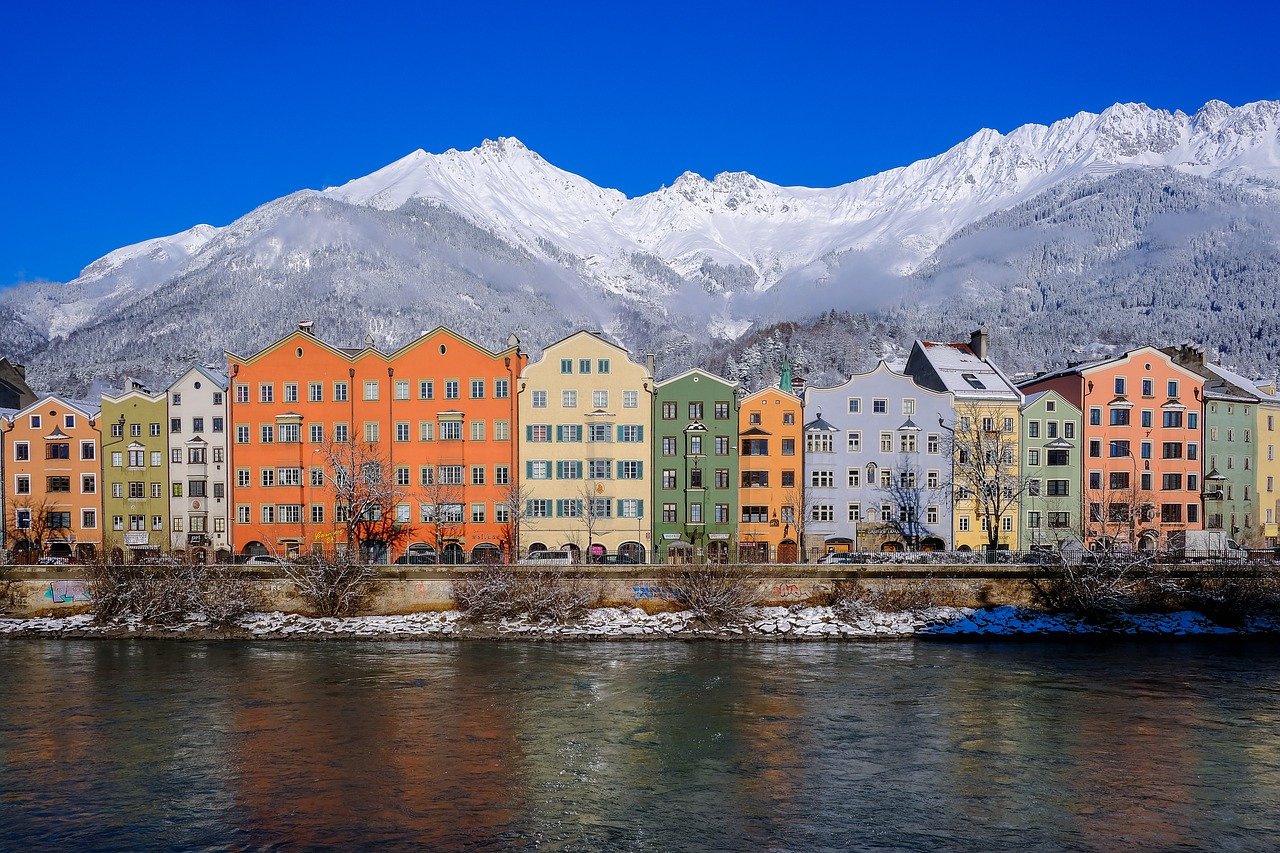News
- Details
- Category: Global News
Using lake sediment in the Tibetan Plateau, a team of researchers was able to show that permafrost at high elevations is more vulnerable than arctic permafrost under projected future climate conditions.
From the ancient sludge of lakebeds in Asia's Tibetan Plateau, scientists can decipher a vision of Earth's future. That future, it turns out, will look very similar to the mid-Pliocene warm period – an epoch 3.3 million to 3 million years ago when the average air temperature at mid-latitudes rarely dropped below freezing. It was a time when permanent ice was just beginning to cling to the northern polar regions, and mid-latitude alpine permafrost – or perpetually frozen soil – was much more limited than today.
- Details
- Category: Global News
Much of a centuries-old debate over where and how new bird species form has now been resolved. Researchers at the University of Copenhagen have provided evidence that birds in mountainous areas – where the vast majority of the planet’s species live – have left lowland habitats for higher and higher mountain elevations throughout their evolution. Millions of years of climatic fluctuations have contributed to pushing bird species upslope – as is probably happening now.
One of the fundamental questions in biology, and a centuries-old academic debate, is: How do new species form? And, how do species end up on mountain tops several kilometers high? Indeed, 85% of the world's vertebrates – birds included – live in mountainous areas where lowland habitats isolate animal species and populations from one another.
- Details
- Category: MRI News
One of the most comprehensive documentaries ever produced about the relationship between climate change, mountain environments, and glaciers, The Last Glaciers shines a light on the rapid depletion of the world's water towers as a result of climate change. The Mountain Research Initiative is proud to be a science partner in support of this important film.
Released on World Water Day (22 March) and to be screened in IMAX cinemas worldwide, the highly anticipated documentary The Last Glaciers follows award-winning filmmaker Craig Leeson and United Nations Mountain Hero & Entrepreneur Malcolm Wood over the course of four years as they journey to the planet's remaining glaciers to explore the causes and effects of climate change in mountains – the location of our planet's vital, and vanishing, water reservoirs.
- Details
- Category: Global News
New research, led by Dr Petra Holden from the African Climate and Development Initiative (ACDI), has shown how catchment restoration - through the management of alien tree infestation in the mountains of the southwestern Cape - could have lessened the impact of climate change on low river flows during the Cape Town 'Day Zero' drought.
Climate change is impacting extreme weather events such as droughts and floods. Nature-based solutions, such as catchment restoration, involve working with ecosystems and landscapes to address societal challenges. These challenges include the impacts of climate change on water resources. Up to now, studies have not separated the role of nature-based solutions in reducing the human-driven climate change impacts of extreme events on water availability from that of natural climate variability.
- Details
- Category: MRI News
Research led by Dr. Estefania Quenta-Herrera, research associate at the Universidad Mayor de San Andrés and a participant in the MRI co-led Mentoring and Training Program in IPCC Processes for Early Career Mountain Researchers, explores the impact of protected areas on high-elevation freshwater ecosystems, their biodiversity, and their ecosystem services in the tropical Andes.
Although protected areas (PAs) play an important role in ecosystem conservation and climate change adaptation, no systematic information is available on the impact of PA in terms of the protection of high-elevation freshwater ecosystems, their biodiversity, and their ecosystem services in the tropical Andes. Research published in the journal Environmental Conservation seeks to help address that gap.
- Details
- Category: Global News
Human-induced climate change is causing dangerous and widespread disruption. Safeguarding and strengthening nature is key to securing a liveable future, latest IPCC report says.
Human-induced climate change is causing dangerous and widespread disruption in nature and affecting the lives of billions of people around the world, despite efforts to reduce the risks. People and ecosystems least able to cope are being hardest hit, said scientists in the latest Intergovernmental Panel on Climate Change (IPCC) report, released today.
- Details
- Category: Global News
Satellite images could offer a new way to monitor for avalanche threats to remote mountain communities, according to University of Aberdeen scientists studying deadly Himalayan avalanche.
The team from the University of Aberdeen’s School of Geosciences used satellite imaging to study the movements of two avalanche events, in 2016 and 2021, that happened in the same Himalayan valley. The most severe of these, which struck a high-mountain township in India’s Chamoli district on February 7 last year, caused a flash flood that killed more than 200 people and destroyed key infrastructure.
- Details
- Category: New Publication




